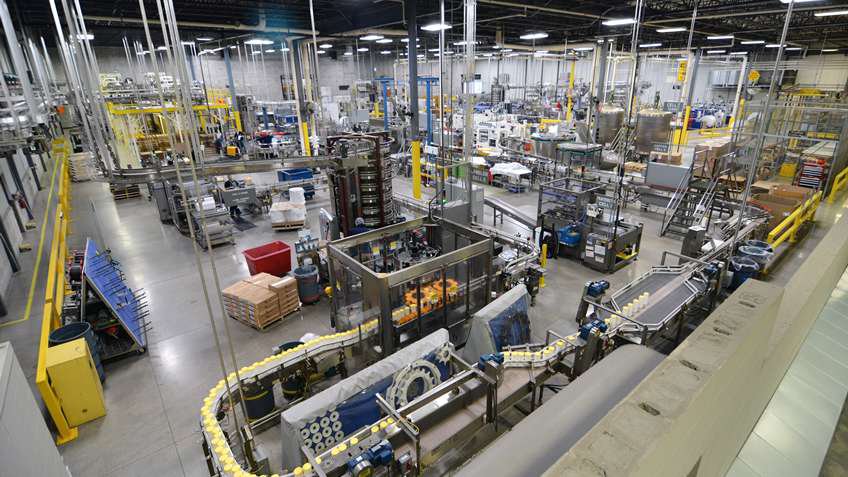Rockline Industries has built a healthy business by manufacturing these disposable, private label wipes for major retailers. At its plant in Sheboygan, Wisconsin — one of seven the company operates globally — Rockline produces millions of wet-wipe canisters a week.
“It's been a great run for these product lines and the demand continues to skyrocket,” said Pat Rusch, operations manager at Rockline’s Sheboygan plant, which also manufactures coffee filters. “We can sell every canister we can produce.”
At the same time, he said, “It's been a tremendous challenge scaling our operations with that growth.”
That means that any increase in incremental capacity is well worth the return in revenue.
“An incremental 5 percent in throughput is an incremental 5 percent in capacity for us, which means an incremental 5 percent that we can sell,” explained Frank Hacker, general manager at the plant.”
To capture those dollars, plant management embarked on a journey in 2006 to obtain the real-time data that’s essential to drive continuous improvement.
A Backward System
Back in 2006, the overall equipment effectiveness (OEE) for many of the manufacturing cells on the wet-wipe side of the plant was below 50 percent.
Improving that number would require better visibility into how the lines and the individual machines were operating within in the five large work cells, which operate 24 hours a day.
Each manufacturing cell is dedicated to producing a specific size or type of wet wipe. The products vary in count and ingredients, including different sanitizing formulations and scents.
The high-speed packaging process begins with a “parent” roll of nonwoven fabric or substrate, which is automatically slit, perforated and wound into individual rolls of wipes. The rolls then are placed into rigid plastic canisters and filled with liquid ingredients. The container lids go on next, then the labels. Finally, the canisters are packed in trays or cases, and palletized for distribution.
